Project partners:
2020 – 2022
Top row: Alisha Howard*; Nyanga Uuka, workshop facilitator; esperanza spalding*, Herbert Young*, joemil r. santos*. Bottom row: Punneh Abdolhosseini*, Insa Evans*, Mick Rose*, Aaron Vargas, Sabrina Cerquera. *Viviane Barnett Fellow Photo credit: Jamese Kwele
Update on April 11, 2025:
We have a new name: The Madrona Fellowship for Food System Leaders.
What began as the Viviane Barnett Fellowship has grown into something larger and more regionally rooted. As we expand to support leaders across a broader bioregion—from the Willamette Valley to the Salish Sea—we’ve chosen a name that reflects the land we move through and the relationships we are cultivating.
The Madrona Fellowship for Food System Leaders continues the purpose at the heart of this work: to support Black, Indigenous, and other people of color leading at the intersections of food, land, culture, and climate justice.
Named for the madrona tree, native to the Pacific Northwest and known for its strength, resilience, and deep roots, the new name reflects the kind of leadership this fellowship nurtures—transformative, grounded, and interconnected.
We honor the legacy of Viviane Barnett, whose vision helped shape the foundation of this program, and we carry that legacy forward as we grow.
The Madrona Fellowship remains committed to supporting BIPOC land stewards, movement builders, and healers through a 12-month journey of reflection, relationship, and land-based leadership.
The Viviane Barnett Fellowship for Food System Leaders is a program designed to build the capacity of experienced and aspiring food systems leaders of color in Oregon. Fellows develop, implement, and advocate for food system projects that promote restorative growing practices, community empowerment, food sovereignty, land and water stewardship, and climate justice.
This fellowship is open to Black, Indigenous, and people of color (BIPOC) at all stages of their food systems learning journey. Fellows will come from a wide variety of backgrounds such as farming, land justice advocacy, entrepreneurship, policy, public health, climate justice organizing, and more.
This effort is intended to create pathways for food systems leaders of color whose lived experiences are essential to collective efforts to build a more equitable, regenerative, and climate resilient food system while increasing access to nutritious, affordable foods for BIPOC communities.
In honor of Viviane Barnett
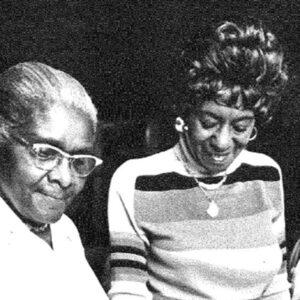
We are proud to name this fellowship for Viviane Barnett—a Black Portlander and civic leader who spearheaded a groundbreaking community gardening movement from 1968-1970.
Working with community members in Portland’s Albina district, Barnett pursued a wide array of partnerships and collaborations to support food security through a community gardening program called Green Fingers. At its height, the program served around 1,500 participants. Despite the popularity and national attention garnered by Green Fingers, Viviane had to overcome numerous disruptions to the program as a result of institutional racism in Portland city government and planning offices, including frequent displacement and garden sites that were razed mid-season, before harvest.
For her perseverance, love of community, and leadership, we endeavor to honor the memory of Viviane Barnett with this Fellowship.
Learn more about Viviane Barnett and the Green Fingers program.
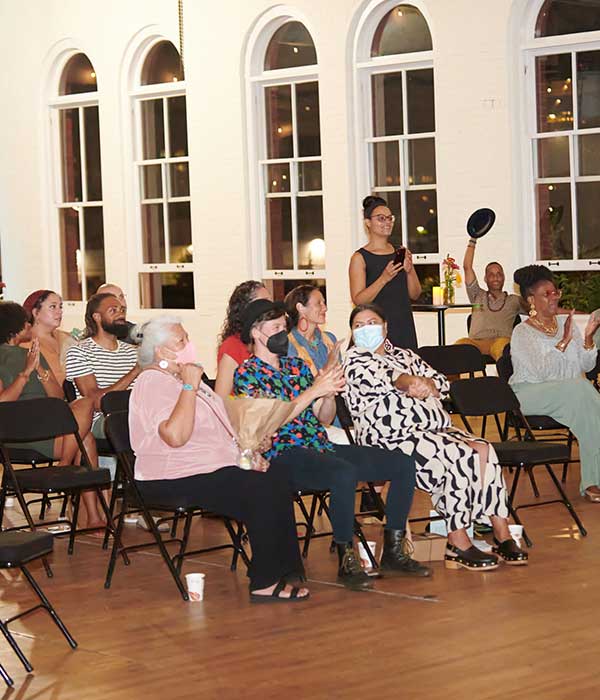
Friends and fellows of the Viviane Barnett Fellowship attend the celebration dinner at the conclusion of the inaugural cohort. Photo credit: Jason Hill
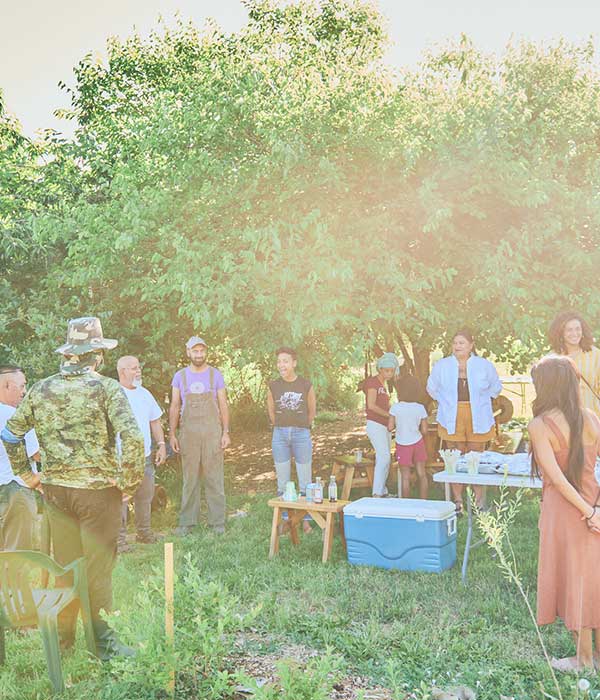
Viviane Barnett fellows, program partners, and Ecotrust staff gather for a meal at Black Futures Farm. Photo credit: Jason Hill
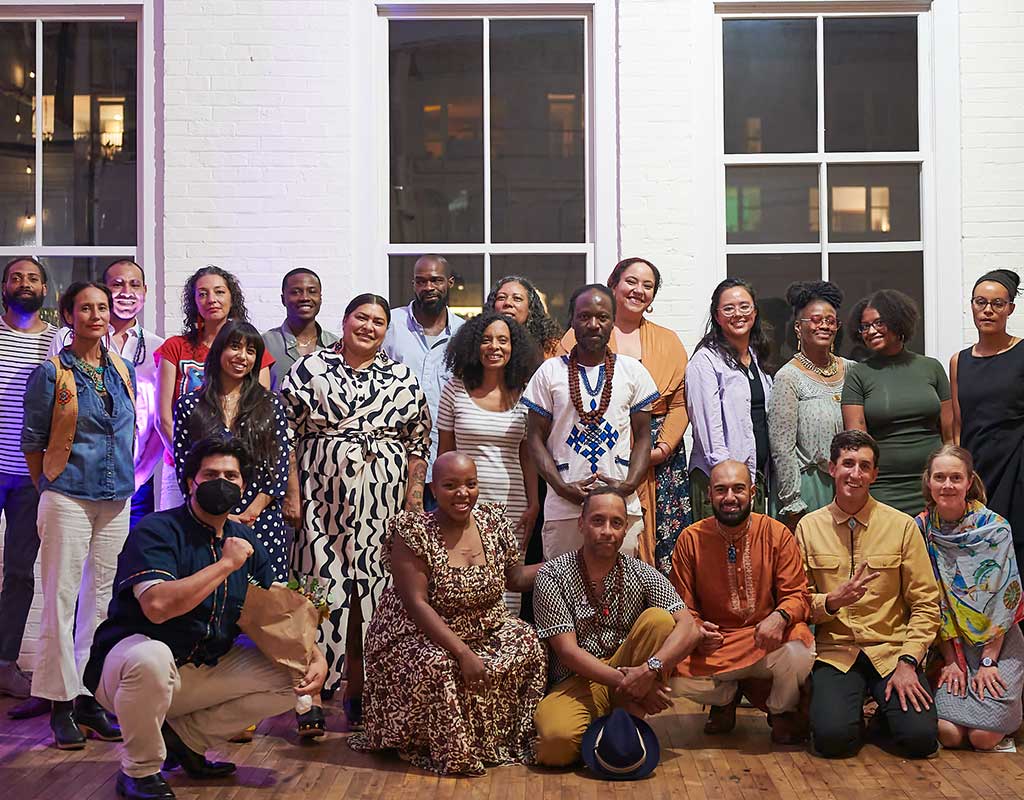
Viviane Barnett fellows, program partners, and Ecotrust staff at the celebration dinner that concluded the inaugural cohort in 2022. Photo credit: Jason Hill
2021-2022 Fellows
The inaugural cohort experience was designed as follows:
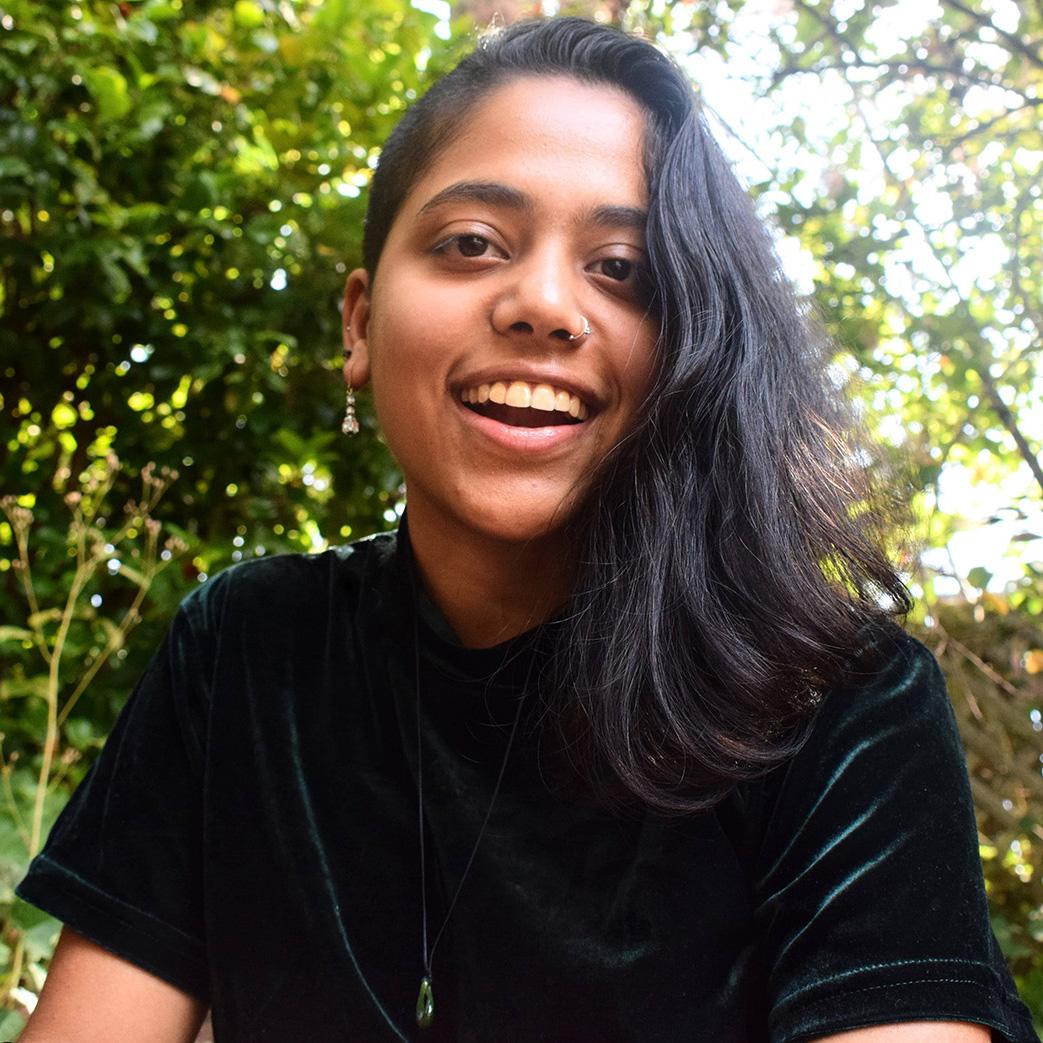
Mx. Aayaan J (they/themself/theirs) is a healer-in-training and grateful child of Earth, preparing to use their ancestral talents as a social change consultant. Their most recent ancestors are from the Punjab/Himalayas in South Asia. Their experiences living in three very different contexts, including Aotearoa/New Zealand and U.S, have created their investment in stewarding planetary healing and contributing to cultural projects that create liberatory conditions for all forms of life.
Aayaan first arrived at climate justice and sovereignty work when they were coordinating volunteer services for unhoused and vulnerable queer youth in Portland. Aayaan was chosen as a 350.org National BIPOC Climate Leader in 2020 and looks forward to building community with this cohort. As a Viviane Barnett Fellow for Food Systems Leadership, Aayaan aims to develop the world’s first cross-cultural climate justice framework for young leaders.
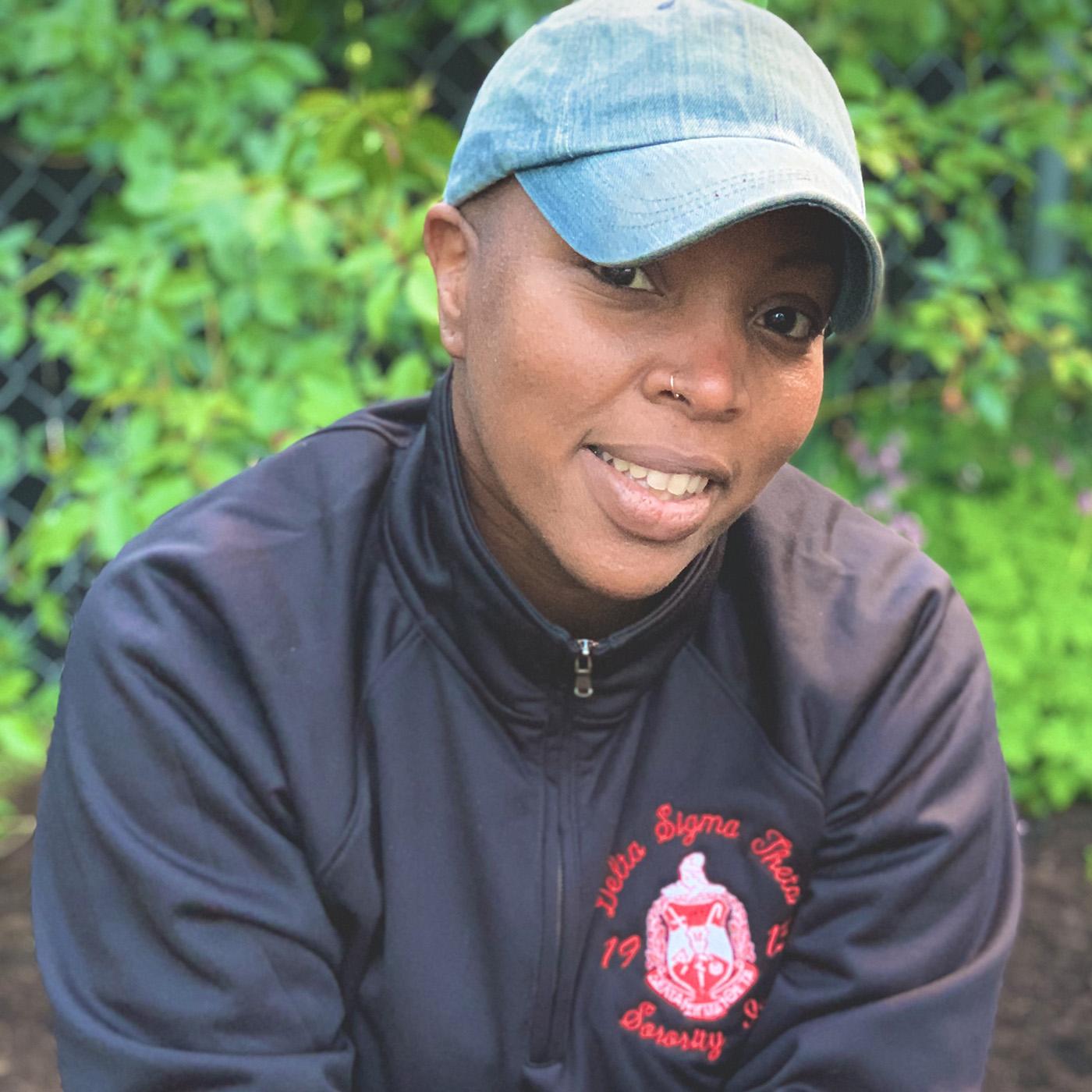
My name is Alisha Howard (she/her). I’m a Black woman, born and raised in Northeast Portland. It’s been my dream to grow heritage foods and other plant medicine for Black folks in the Metro area who lack access. I also plan to own and operate a worm farm and continue reclaiming the medicine-making traditions of my great-grandfather. Growing food and medicinal herbs are a vital part of my individual and communal care. I’m excited to share all that I cultivate with my community.
I’m currently the coordinator of advocacy services at Portland State University. I’m a member of Portland Alumnae Chapter of Delta Sigma Theta Sorority, Incorporated. I’m also a board member for HOLLA, a mentorship organization for Black & Brown youth. Growing food has helped me navigate the impact of working with people experiencing violence and other disparities. I’m honored to be a Viviane Barnett fellow! I hope to continue gleaning from the wisdom of other BIPOC food system leaders throughout this experience.
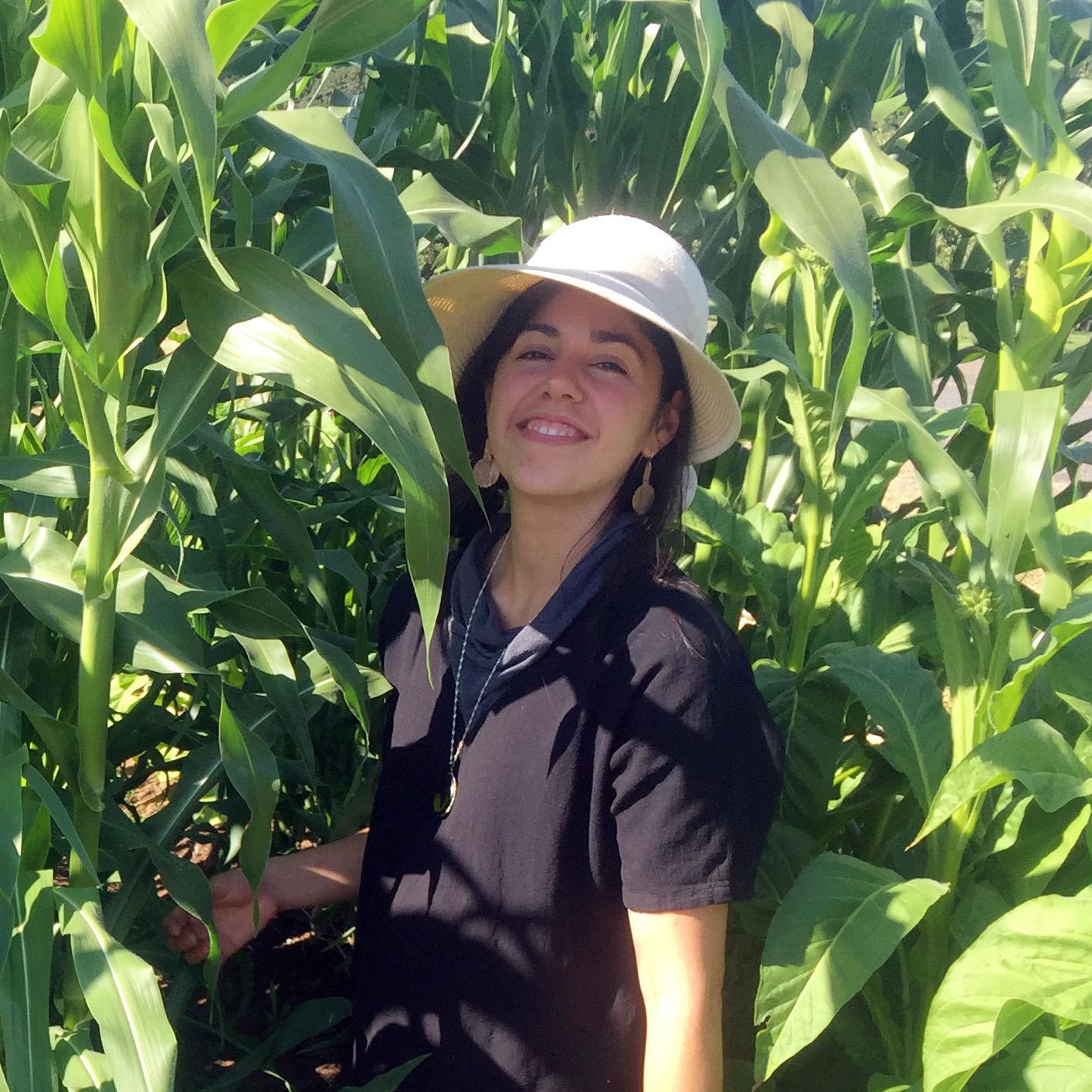
I grew up mesmerized by my grandfather farming in Zacatecas, Mexico—trailing after him in the corn fields each summer. His harvest went beyond the crops he grew; I’d note his physical strength, tranquility in his eyes, and community he harvested through his work. His stories of working as a Bracero opened up a life-long interest in agriculture and social justice. I’ve since become a farmer in hopes of mending my family’s and community’s relationship with nature and agriculture. I feel strongly about the importance of healing historical traumas BIPOC communities have experienced, so that we can build healthy relationships with food and the environment. Healing that relationship has started with myself, my family, and now I’m looking to give back and engage with a broader community.
I manage an organic peach orchard in traditional lands of Wasco, Wishram, and Chinook, known as Hood River, Oregon. In the Winter months I’ve worked on my masters thesis in environmental studies at Evergreen State College investigating how orchardists gather the information necessary to practice organically. I’ve recently accepted a board member position for Gorge Grown, a non-profit working to build an inclusive and resilient food system. It is my intention to amplify voices of the BIPOC community through this work and form bridges with other organizations. I mentor several youth in my community, connecting them to agriculture, tradition, and nature. I host volunteers and love to teach others about orchard management. I’m also part of an exciting new effort which is a Latina/o/x led organization working on environmental and social justice in the Columbia Gorge. I see important intersections between all these projects.
I hope this fellowship will support the momentum to continue to build those connections and develop new connections with others. I’m ready to listen deeply and share with other leaders on this journey to help uplift and support BIPOC folks supporting our food systems. I envision engaging deeply with each others’ work and building relationships with community.
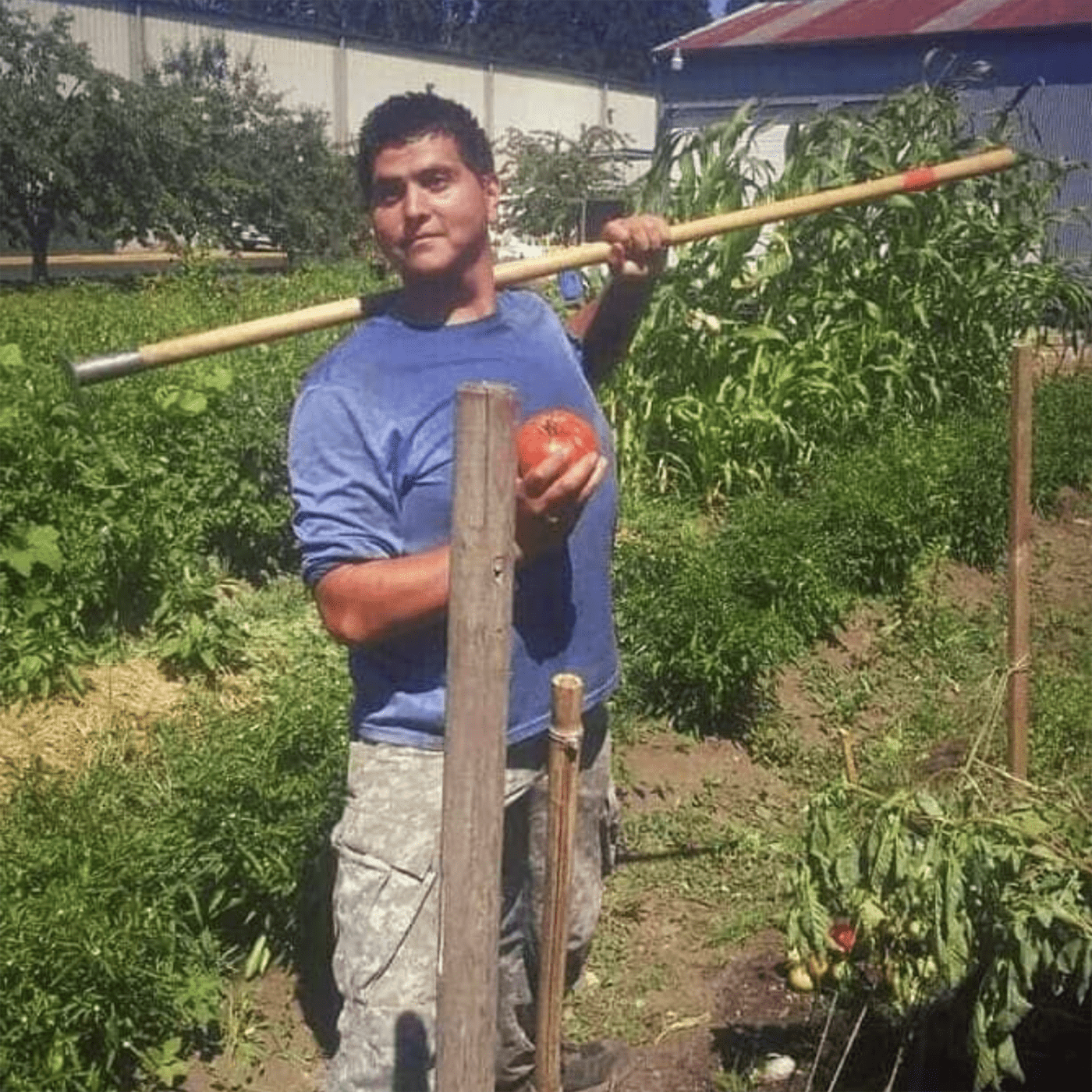
Meet Yolotli X. The first portion means “heart” in Náhuatl. X expresses their discontent with patriarchy & colonialism. Also known Antonio Zamora, IV. Their spiritual name, Gange Prasadam, means holy water & holy food and was received while living among Hare Krishna monks in 2013.
Yolotli prioritizes their time for urban farming and building an organization centering the issues of urban food sovereignty and climate justice. They founded The Municipal Eco Resiliency Project aka MERP’ as a participant among many other pursuits. Yolotli also participates in The Come Thru Market program and is committed to build a legitimate BIPOC farm stand business to sustain resiliency in the community.
MERP’s work is about growing food as an act of non-compliance and resiliency and was realized during trying times protesting Royal Dutch Shell’s highly unethical plan to drill for oil in the Arctic. It was made possible through other mobilizations about climate justice, thereafter. MERP was initiated on Saturday Oct 12th, 2019 with the For The People organization, and since then has been supported by a network of participants from diverse backgrounds, in addition to the support of For the People.
Yolotli looks forward to receiving mentorship about professional development and accountability. They ultimately want to understand city code and policies that can help educate alternative living in the city, mobilize community for urban food sovereignty, and radicalize housing opportunities. Food sovereignty has supported liberations for people and land since the beginning of time, and Yolotli would like to materialize a base of support in the city of Portland to advance this work for everyone. With the help from the Viviane Barnett Fellowship and MERP, we can foster a fellowship for a sustainable future.
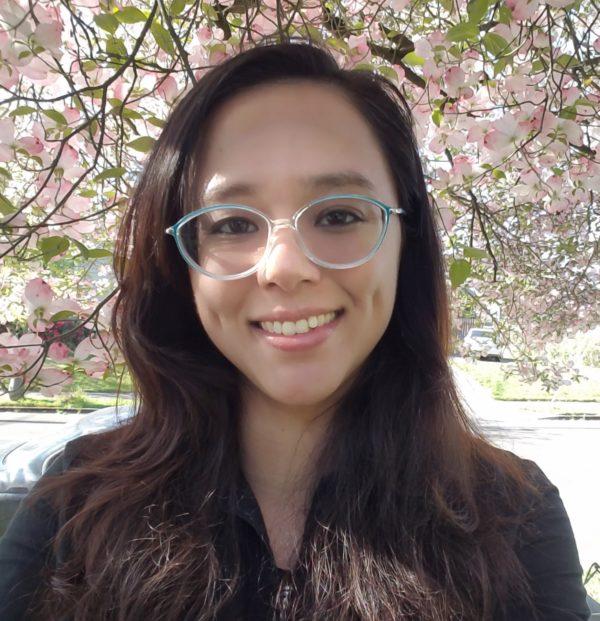
Bea Yeh Ogden moved to Portland, Oregon from San Francisco, CA in 1999 to attend Reed College. She graduated in 2003 with a BA in English after completing her thesis exploring poetry written by Chinese immigrants while detained at the Angel Island Immigration Station from 1910 – 1940. After pursuing educational and professional experiences in Medical Anthropology and Veterinary Medicine, Bea decided to found a non-profit art organization called Cloud.Break. The mission of Cloud.Break was to curate sanctuary: to create unique art worlds in unexpected places where healing and dialogue can occur. Bea received her MS in Arts Administration and Museum Studies from the University of Oregon after completing her thesis exploring how museum exhibitions can create transformative educational experiences for visitors. She is an artist, environmentalist, non-profit administrator, curator, and event producer. Bea currently serves as the APANO Event & Community Space Manager crafting gatherings, political education workshops, and unique food experiences at the Orchards of 82 Community Space. Social justice, empowered healing, and community fortitude are intertwined in all the work she undertakes.
Bea is a passionate advocate for social justice, environmental justice, and food justice. As a lifelong learner, she is honored to be a Viviane Barnett Food Justice Fellow because she wants to deepen her knowledge of how to connect to the land, how to employ regenerative farming practices, and how these activities intersect with authentic experiences of spirituality so as to enhance the holistic mental healthcare, and resilience of communities of color.
Her ancestry is multiracial including Chinese, Miao, and European lineages. She is also the child of immigrants and refugees. Her vision is for BIPOC communities to establish deeper connections to the land through indigenous knowledge and ancestral foodways by embracing and uplifting Indigenous Ecological Knowledge. Bea hopes to get her hands dirty by learning more about companion planting practices to grow food, gather food, eat food, be in community, and hold space for holistic healing. Her zoomed out vision is to craft opportunities to engage in food and climate justice as platforms for racial and community healing for BIPOC communities: to bravely embrace Climate Justice and Food Justice as spaces where white supremacy will be deconstructed and abolished.
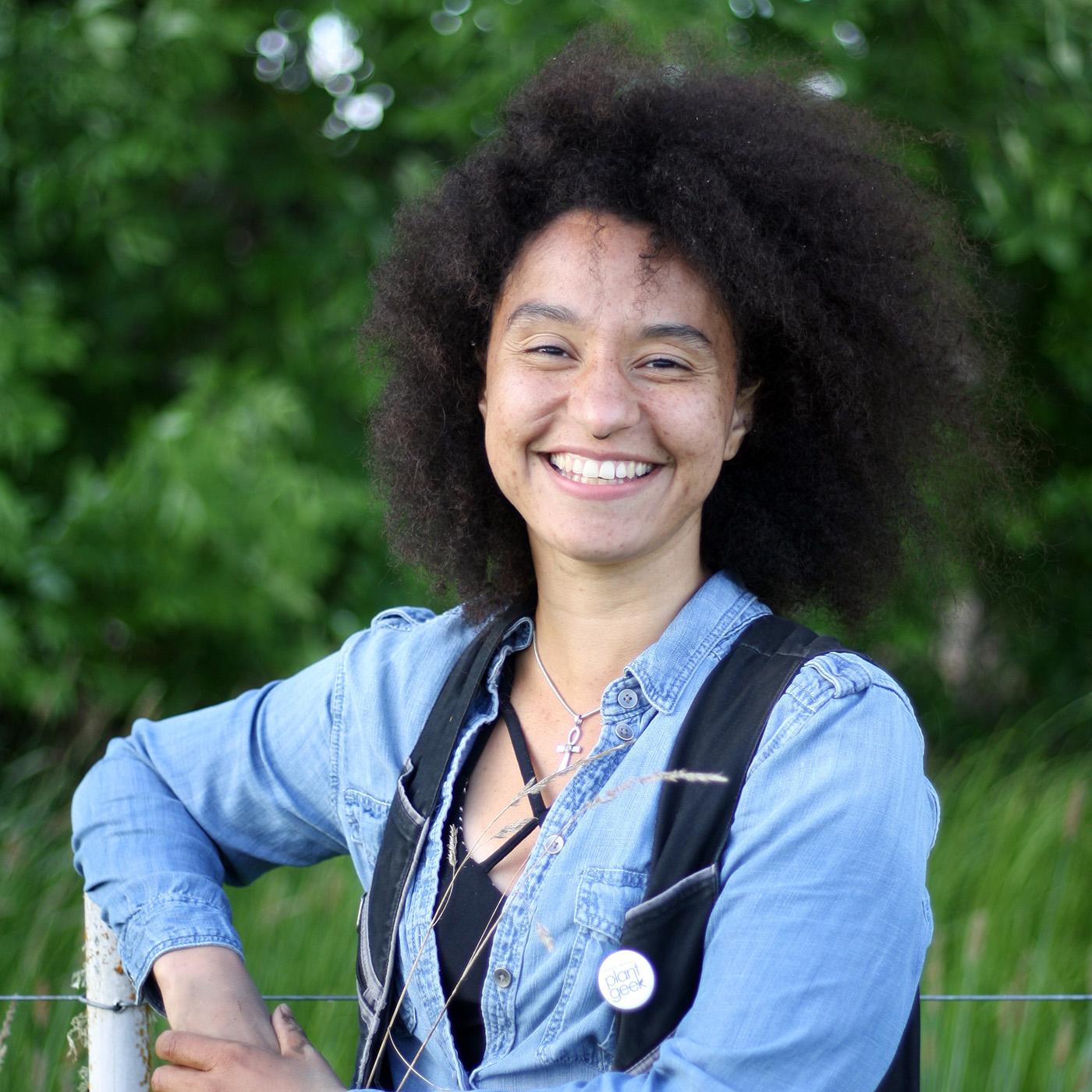
The Earth, Moon, and Sun aligned for Charlotte to find her way to Oregon. She took a leap of faith moving to Oregon after visiting for the first time to see the solar eclipse in 2017. Since migrating to the PNW, she has been on a journey to reconnect with her ancestral roots through the cultivation of plants and meaningful relationships. Her cosmically driven voyage led her to this fellowship, where she hopes to strengthen her skills as a change agent and community organizer. Charlotte studies at Oregon State University, where she is pursuing a double degree in Sustainability and BioResource Research. She is a co-creator of the Intercultural Learning Community Garden (ILCG) at Oak Creek Center for Urban Horticulture in Corvallis, OR. The ILCG seeks to empower BIPOC and other underrepresented members of the Corvallis community through the cultivation of culturally relevant plants. She is a web-weaver by nature and wants to foster connections between the food justice movements in rural and urban Oregon.
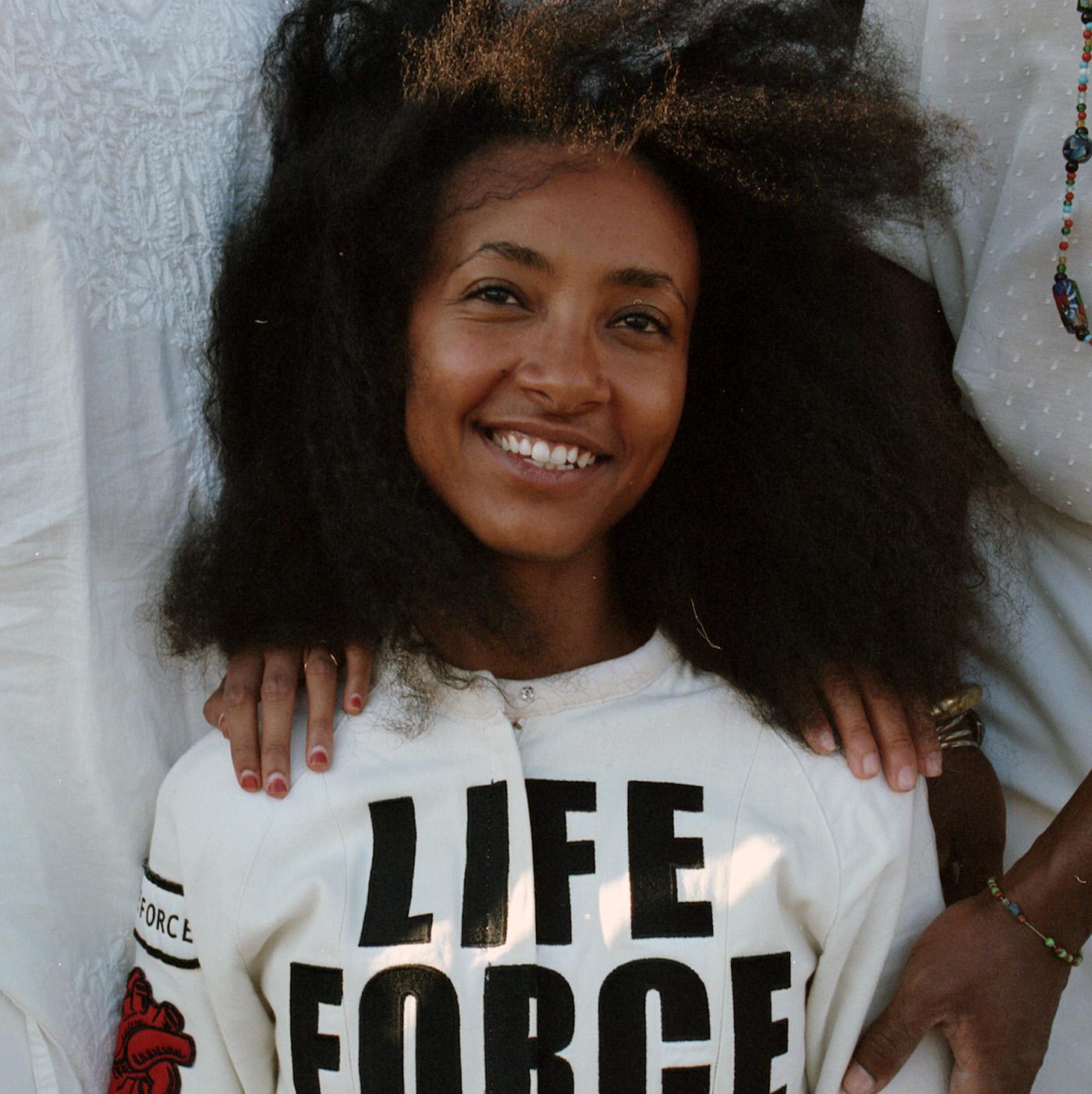
esperanza spalding (also known as irma nejando or i.e.) is a being who has grown to recognize love in the abstract and aspirational and is now fully dedicated to learning how she can serve and embody actualized love through honor for and receptivity to, fellow humans, teachers, and practitioners of various regenerative arts.
bass, piano, composition, performance, voice and lyrics are tools and disciplines she is engaged in deeply to cultivate her own channel for transmitting care and beauty through vibration/sound/presence.
she has written an Opera with Wayne Shorter slated for premier in Fall 2021 // she is currently developing a mockumentary in collaboration with brontë velez and San Francisco Symphony // researching and developing liberation rituals in jazz and black dance // and continuing a lifelong collaboration with practitioners in various fields relating to music, healing and cognition to develop music with enhanced therapeutic potential.
she is presently paid by Harvard University to co-create and learn with students enrolled there, working on developing creative practices that serve the restoration of people and land.
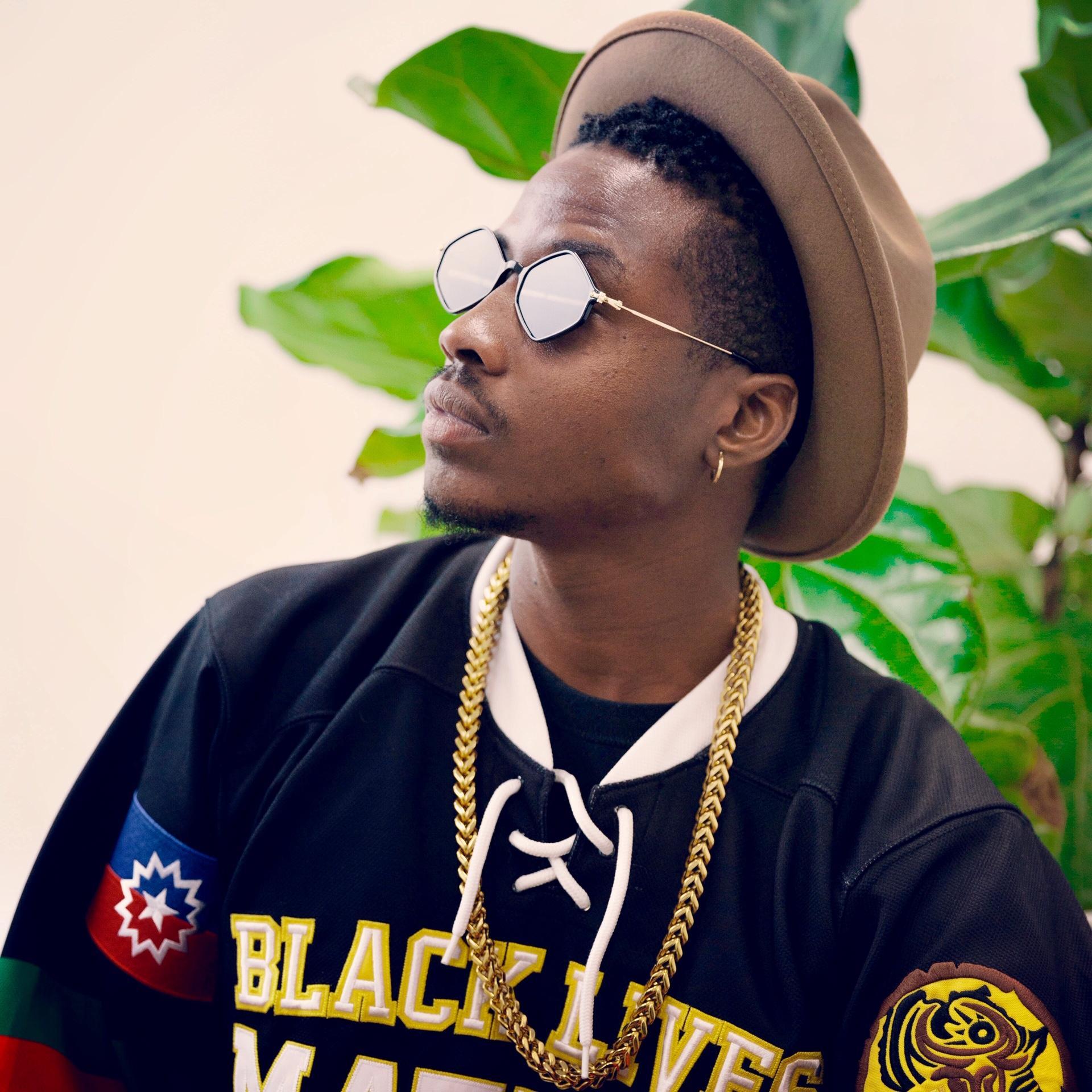
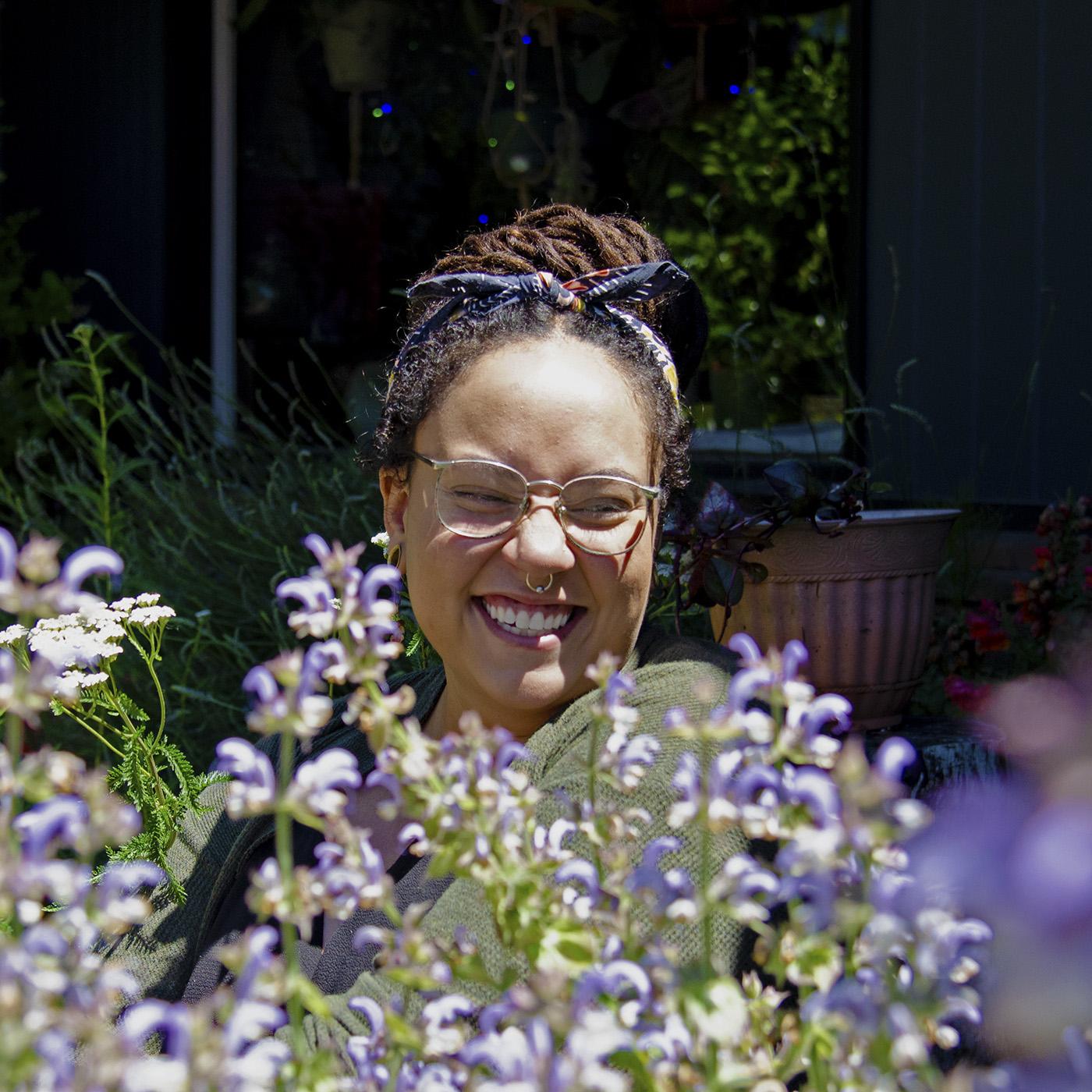
My name is Insa, pronounced (inn-zaa). I am a queer, neurodivergent, multidisciplinary artist and tradesperson. I am on the path of rediscovering who I am and have found reflections of who that is by slowing down, listening, and tending the land beneath my feet. I feel most at home with my hands in the soil or drawing what I see or feel. As a budding urban homesteader, I seek to create a more intentional and slower way of life.
I have grown passionate about emergency readiness skills and am learning what that looks like on a community level, especially in the face of climate change. I am also very passionate about healing and getting to the root of issues. I’m growing interested in the connection between trauma and our connection to, specifically our disconnection from the land. We are not separate from nature, we are nature. Through this realization and remembering, I believe deep healing and transformation on a personal and interpersonal level can occur.
I am seeking to learn what it means to be in community….and in time building community and resilience through the growing of medicine, emergency preparedness, deep healing, and creative expression. I have been building a healing garden and food forest on a small plot in the city, with the hopes to share and expand upon it with others one day. In the process of creating this garden, I have been exploring the intersection of placemaking, healing, tending the land, and art, specifically, sculpture, painting, and drawing. I hope to create a project that stems from this intersection.
The push for me to create a project through this fellowship is driven by my passion and drive to support others in their healing while continuing my own. I want to share with others the literal lifeline art and nature have been for me. By creating a healing garden, a place where people, specifically QTBIPoC, can come to rest, reflect, reconnect and nourish, I trust over time it will become a place where we can safely, easily, and freely be ourselves. I yearn to create a project that furthers nourishment, inspiration, and healing while allowing us to discover, master, and apply our skills, gifts, and abilities. I envision myself growing and preserving food medicine and sharing this skill with others to build self-reliance and in turn communal resilience. By increasing social coherence in our communities, I believe we can liberate ourselves to explore alternative ways of living that are more aligned with nature. This process can also serve to build collective resilience needed to weather what storms that are sure to come in our future.
I am honored to be a fellow of the Viviane Barnett Fellowship for BIPoC land and food justice. I aim to create the foundation of a long-term project for those who feel disconnected, unsupported, and afraid. I look forward to learning from mentors and being in a community that is working on building a more equitable, holistic, and just food system and world. I want to apply my gifts and skills to help solve the root issues in our food system and mend the wounds in our hearts and beyond.
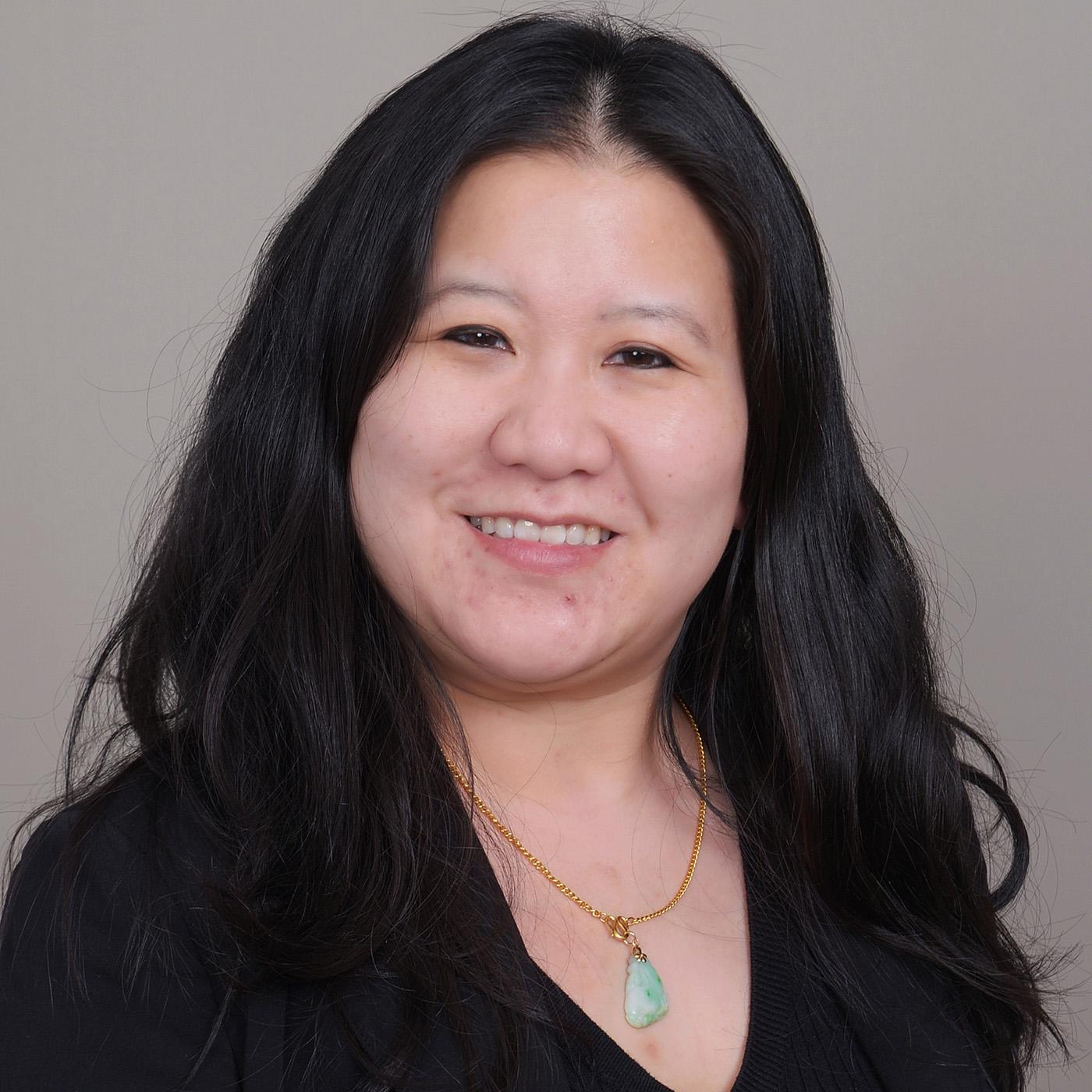
My name is Jackie Leung. I am the Executive Director and a Community Health Worker with the Micronesian Islander Community (MIC) organization. I currently serve as a member on the Oregon Hunger Task Force and at Oregon State University’s Hunger Task Force. I was a Hunger-Free Leadership Institute Fellow with Partners for a Hunger-Free Oregon. The work I currently do is centered on addressing food insecurity within the Micronesian communities. I also work in partnership with the local food bank in Marion County to distribute food to the community while also utilizing my nonprofit funds dedicated towards purchasing culturally specific foods.
I plan to address food insecurity through working within food systems to develop ways to create access to foods that are culturally specific and appropriate to the community. I would like to establish a local community garden that grows culturally specific foods for our community. This benefits me professionally and personally because I would be able to bring culturally specific foods that my community could grow instead of spending an abhorrent amount of money at the local stores.
I look forward to building new partnerships with other BIPOC leaders who have the lived experience of food insecurity and who are committed to building a more equitable and climate resilient food system that increases access to affordable and nutritious communities. I want to see a rebuilding of a food system that enables us to pursue our cultural practices of growing food, that protects our land and waters, while being climate friendly. As a community leader, I want to share a learning journey with others that enables us to work together towards addressing food justice.
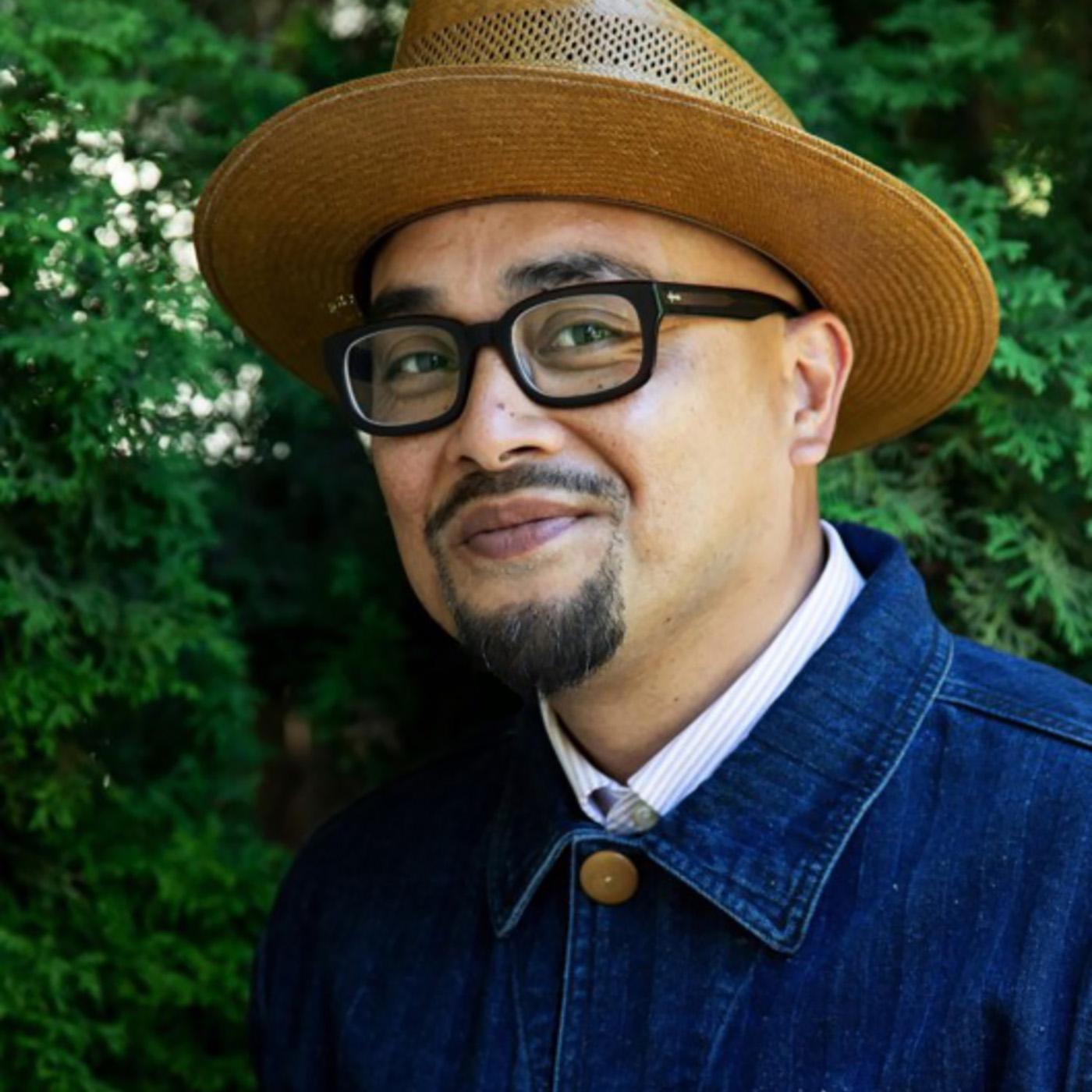
joemil r. santos is a neighborhood outreach coordinator at New Seasons Market. He also serves on the board of directors for both Growing Gardens and Our Village Gardens. joemil is committed to being of service to our community and leading with racial equity. Whether he is cooking for friends and family or bridging the gaps between people and organizations, joemil joins us for both food and action.
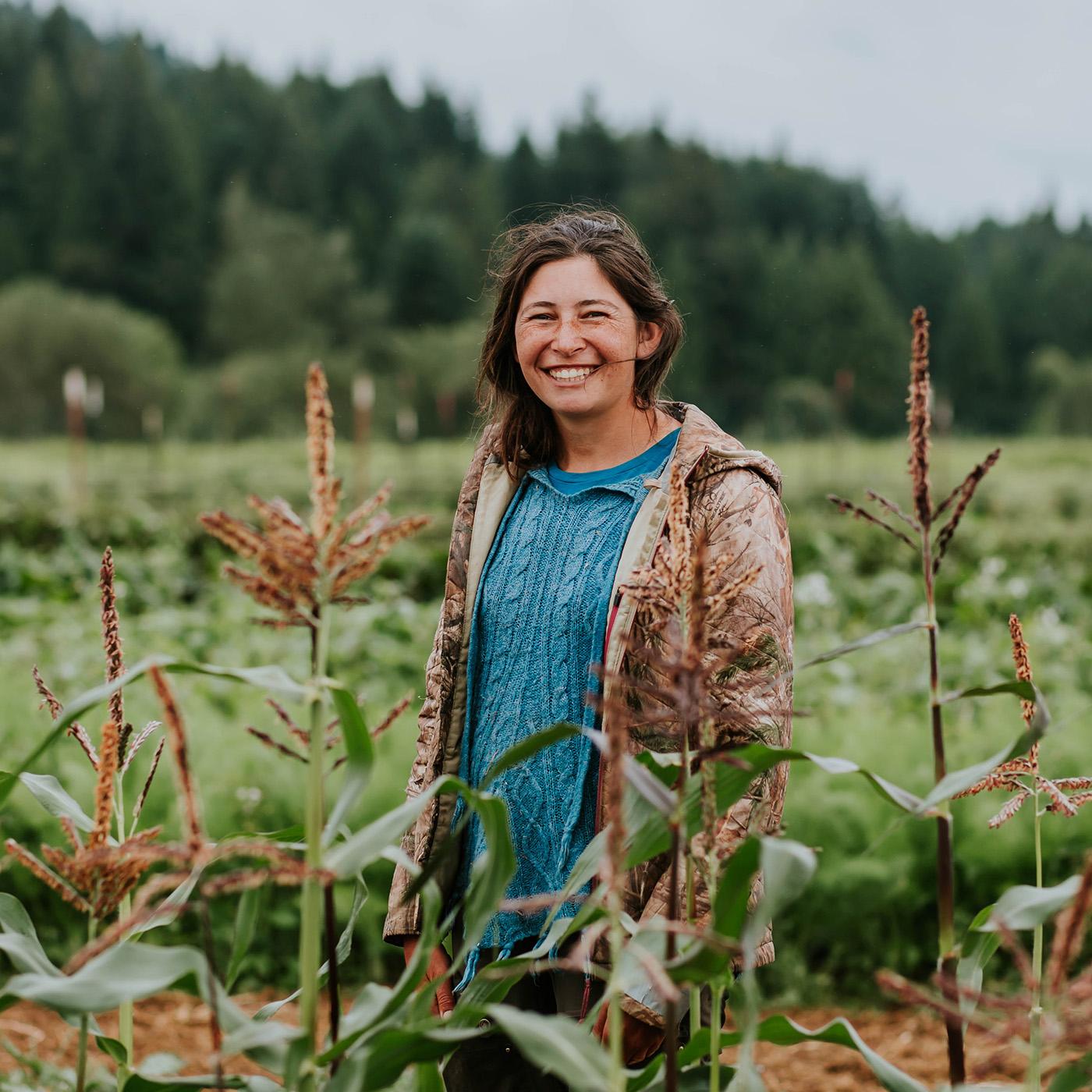
Farmer Michelle Week of x̌ast sq̓it Farm (Good Rain Farm). Michelle is of Sinixt—or the Arrow Lakes—ancestry, a First Nations People of Okanagan country of British Columbia and north-central Washington. She is a first generation female farmer stewarding the land, decolonizing diets, connecting with her ancestry’s cultural traditions and feeding people to help restore her community’s food sovereignty.
x̌ast sq̓it (hast squeit) translates to Good Rain in the traditional language of the sngaytskstx (Sinixt) the Arrow Lakes Peoples. Good Rain Farm is primarily an Indigenous Femme-led and -operated mixed produce community supported agriculture farm with an emphasis on Indigenous First Foods. They also raise heritage breed Champagne d’Argent meat rabbits to provide full dietary and meal options to our members, a nod to Farmer Michelle’s family heritage. The principles of Good Rain Farm are decolonizing diets, revitalizing culture, food sovereignty and the returning to reverent sustainable land stewardship.
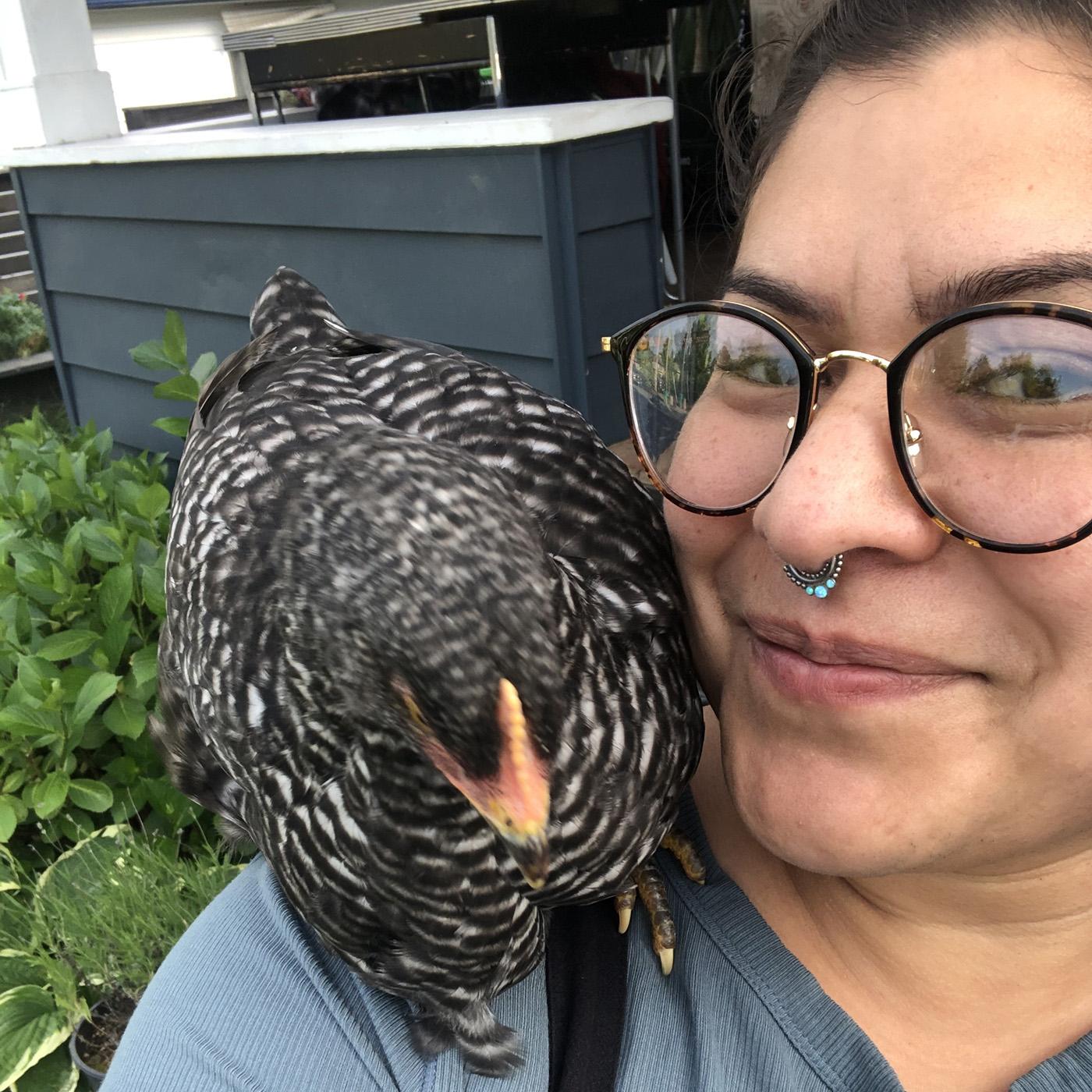
Ya’aat’eeh, Shi ei Mick Rose Yinishye’, Hoogan Lani Nishli doo Naaki Dine’e Bashishiin, White Buffalo Omaha de shi Nali doo Billagaana de shi Chei. My name is Mick Rose. I am from the Dine Nation, Omaha Nation and Pawnee Nation. I am from agricultural nation and have always wanted to steward land and been passionate about food justice in my community. I grew up in what is called a “food desert” in the middle of the actual desert of Dinetah, what americans call the Navajo Nation.
My passion for food sovereignty is informed by my upbringing on my ancestral lands in Dinetah as well the work I do now in the field of social justice. I work at a local Indigenous organization and have slowly been building a Healing space, Garden and Community Gathering space that is informed by community input, needs and wants. This is a small start of something that will be a huge transition for the land and our community. This Fellowship would provide the skills, network and conversation to help bring this project further along than I can in my personal learning. I desire and look forward to learning and growing in community and hope this fellowship will be the space for that in my personal journey.
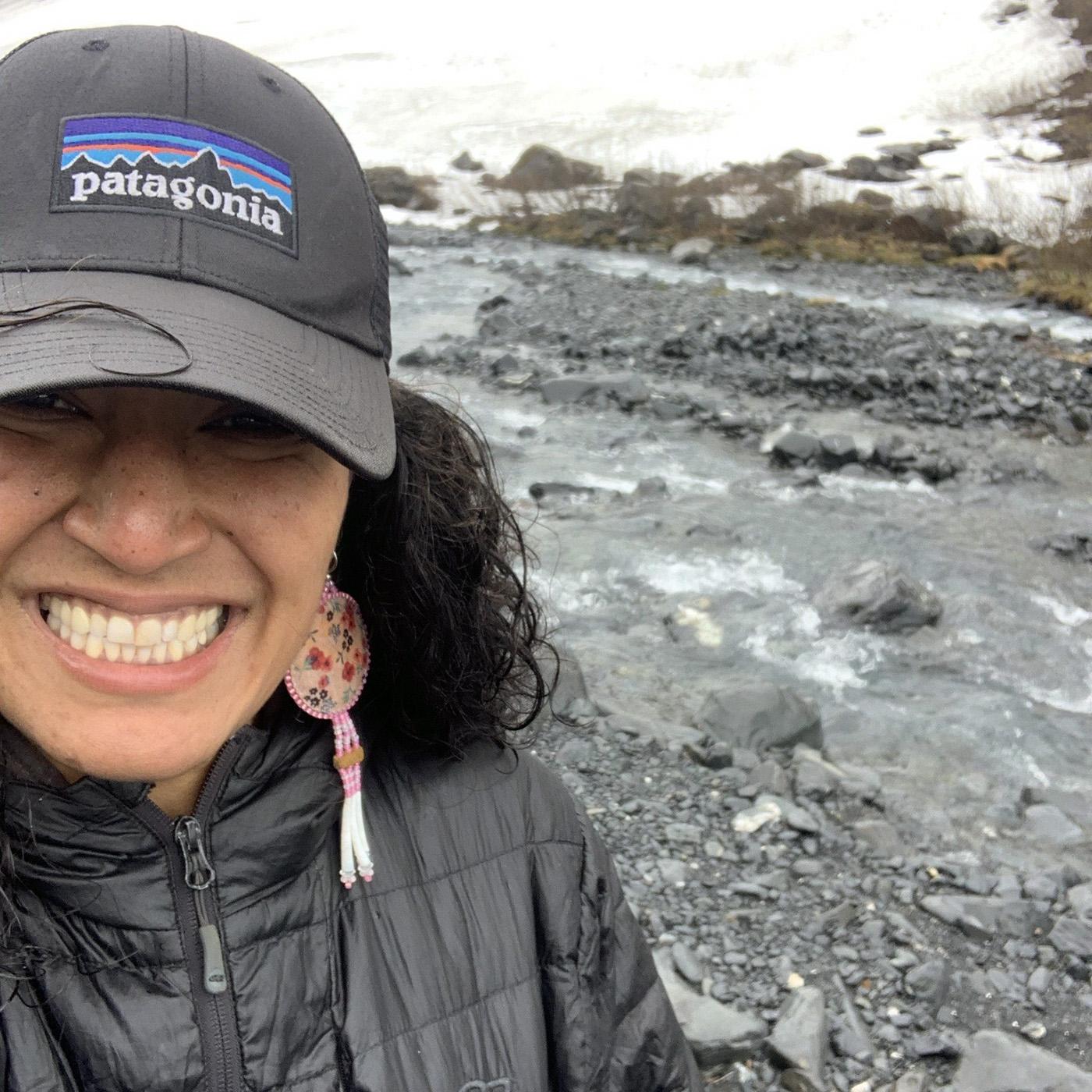
Punneh has spent the last ten years intentionally bringing awareness to social justice issues within the Environmental Movement. She currently coordinates the Oregon Metro RID Patrol program’s operations that focus on illegally dumped garbage and ways to support upstream approaches to waste. That work intentionally engages people experiencing houselessness by providing garbage disposal and connecting folks to services that support their needs. She is also project managing the Re-imagining Policing, Security, and Incarcerated Labor project for the Oregon Metro Regional Government to transform how Metro engages with the carceral system.
Before her current role, she worked in the Parks and Nature department managing culturally responsive Nature Education programs. That work included supporting a transition of an education model that centers on people and land. While working in the Parks and Nature department she also managed the department Racial Equity, Diversity and Inclusion Action Plan. Her work included putting systems in place to move the work from action plan to implementation. During her free time, she enjoys mountain biking, hiking, and spending time in her garden. She grew up in Seattle, WA, and currently lives in East Portland, OR with her dog.
Ecotrust Project Team & Services
Want to learn more? Check out the full Ecotrust Staff & Board and all of our Tools for Building Collective Change.
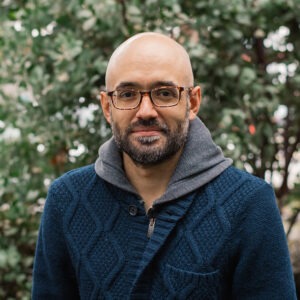
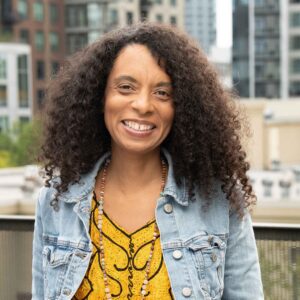
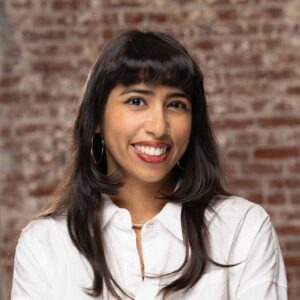
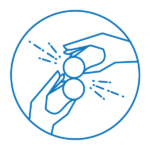
We cultivate leaders and assist with funding sources.

We build and deliver mission-aligned projects in partnership.
Resources

Press release
Sixteen leaders of color selected for contributions, potential in food systems change

Blog post
As we celebrate the successes of the inaugural 2020-2021 Viviane Barnett Fellowship for Food Systems Leaders, we’re looking forward to the momentum of this movement and building programming for a 2023 cohort.